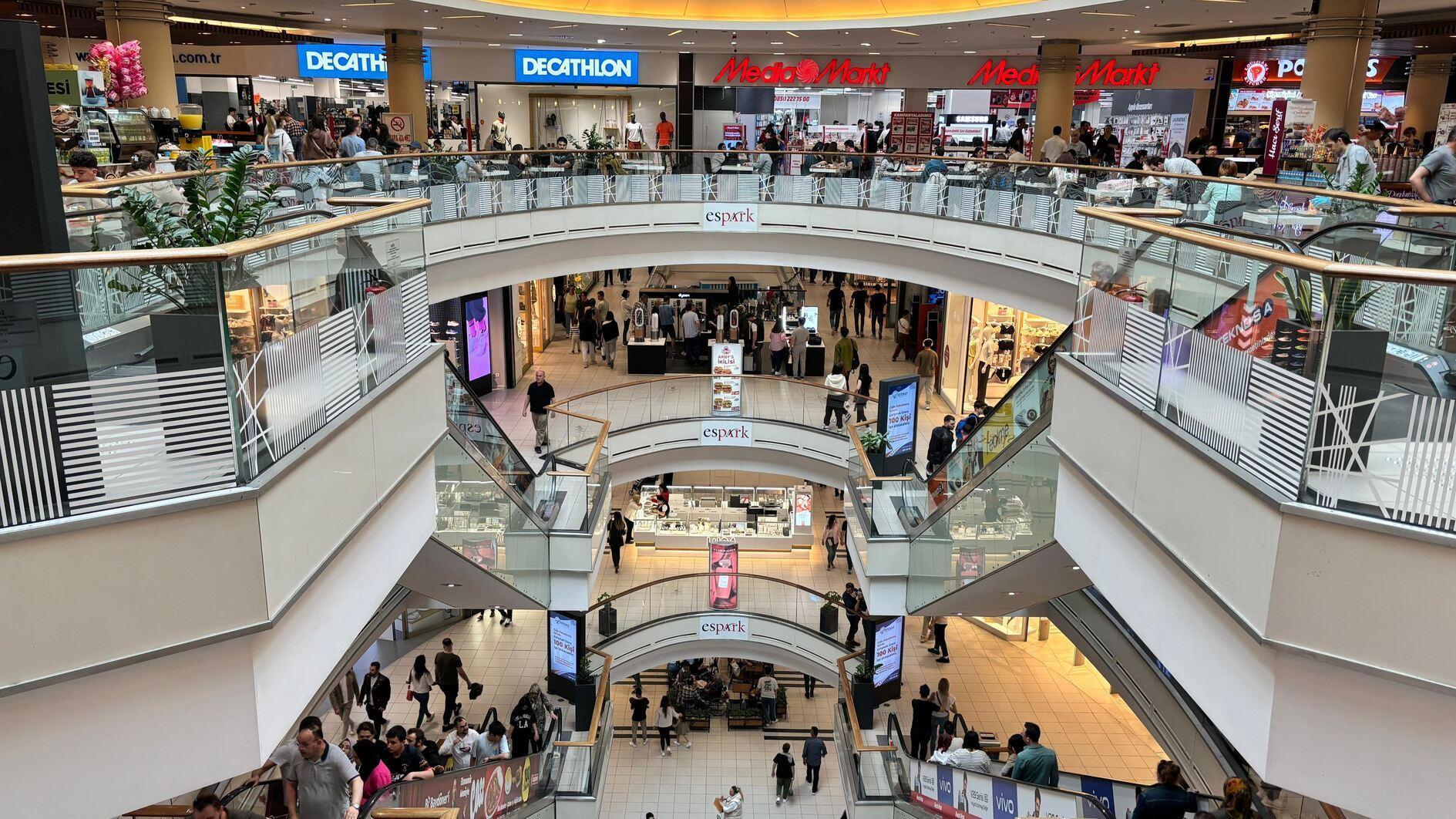Hankering after ‘Old Turkey’
It is becoming increasingly apparent why Turkey before the Justice and Development Party (AKP) had an overly cautious approach toward the Middle East, and why it tried to steer a course around regional crises as best it could.
As a result of this policy, Turkey to a large extent managed to come out of three Gulf wars fought on its borders with minimal damage. The damage incurred, on the other hand, was essentially economic, which is relatively insignificant when compared to what we are facing today.
Today we see much more clearly how these crises have a potential to spill over and destabilize our country if mismanaged. We are far away from the days when Prime Minister Ahmet Davutoğlu was claiming a leaf could not move in the Middle East without Turkey’s approval.
It is easy to pull something down but much harder to put it back up again or to replace it with something new. The AKP, assuming the mandate it got from successive electoral wins provided it with the right to do what it wanted, tampered with established policies that always factored in Turkey’s volatile and unpredictable neighborhood.
It argued that the policies of previous governments had left Turkey looking weak and ineffective in its region. It trundled into the Middle East with the intention of redesigning it in line with a supposed vision that President Recep Tayyip Erdoğan and Davutoğlu had in an effort to make Turkey the country that others in this part of the world would emulate.
That pretension collapsed woefully with the Arab Spring, which showed everyone just how much the AKP really understands the dynamics of the Middle East. Rather than providing an example to the Arab world in terms of what can be achieved under a secular democracy, the developments in the Arab world – and particularly the totally misplaced assumption that the Muslim Brotherhood ideology was irreversibly here to stay – started “inspiring” Erdoğan and Davutoğlu.
The result of all this is that Turkey is more isolated today in the region politically than it ever was before the AKP came to power. There is hardly any country left in the Middle East that is knocking on Turkey’s door for advice or guidance.
AKP ideologues may argue that Turkey has pursued an ethical approach to the region, rationalizing the resultant isolation as “precious loneliness.” But that has no meaning in terms of the real world, even if it plays out well with unquestioning AKP supporters, many of who act like blind followers of a religious order.
As if all of this was not enough, the country is dangerously divided today along the secular-religious and Sunni-Alevi fault lines. We now see what is potentially the most dangerous of these divisions, namely the Turkish-Kurdish fault line, becoming active again in ways that promises very high tremors on the political Richter scale.
We are on the verge of losing the grand vision of turning Turkey into a modern and secular democratic country which is respected in the world for being the only predominantly Islamic country that managed to pull itself out of the morass of social, political and economic backwardness.
We constantly hear Erdoğan and Davutoğlu pronouncing high and mighty words about the “New Turkey” which the AKP is supposedly establishing under their guidance. All that we see, however, is a potential for increased turmoil and increasingly wonder how those who are running the country will avoid a chaotic situation with their present outlook.
Given all its democratic deficiencies and serious violations of human and minority rights, the “Old Turkey” was hardly a praiseworthy place. But, as the Turkish saying goes, what is new can sometimes make people hanker after the old. Sadly many people in this country are doing just that today.











